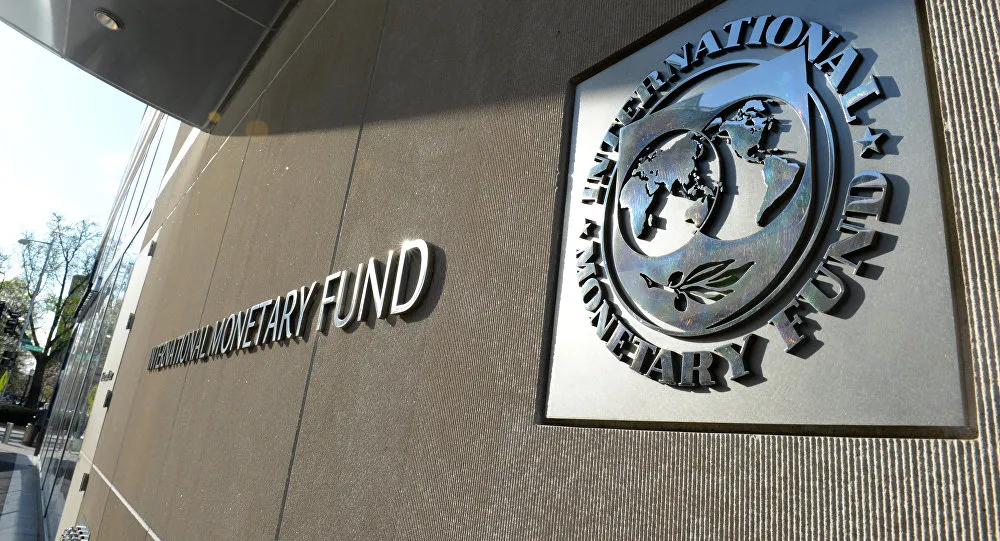The International Monetary Fund (IMF) has advised the Nigerian government to establish a robust regulatory framework for cryptocurrency trading, recommending that global crypto trading platforms be registered or licensed in Nigeria and subject to regulatory requirements.
This move aims to ensure that cryptocurrency transactions are conducted securely and transparently, minimising money laundering risks, terrorist financing, and other illicit activities.
This advice was included in the most recent IMF staff country report for Nigeria, which cautioned that the country’s financial stability may face new difficulties due to the swift expansion of foreign exchange (FX) trading platforms in Nigeria.
Read also: IMF predicts AI’s impacts on jobs globally
The IMF also noted that Nigerian authorities took significant steps at the end of February to address issues surrounding cryptocurrency trading platforms.
The IMF also urged Nigerian authorities to strengthen anti-money laundering and combating the financing of terrorism (AML/CFT) preventive controls on crypto trading platforms. It emphasised the need for adequate risk-based supervision of these platforms and other virtual asset service providers.
Crypto Illicit Flows Pressure Nigeria’s Exchange Rate
FG argues that illegal flows via cryptocurrency platforms pressure the exchange rate. The Nigerian authorities brought up the need for crucial measures to stabilise the foreign exchange market during their meetings with the IMF delegation. The authorities emphasised the importance of preserving external stability while acknowledging that illicit movements through cryptocurrency platforms are increasing pressure on the exchange rate.
They pointed out that recent reforms and efforts to attract FX liquidity, including a mandate requiring international oil companies to hold 50% of repatriated oil receipts in Nigeria for 90 days, were designed to achieve this goal.
The Nigerian government admitted that illegal flows through cryptocurrency platforms exert undue pressure on the exchange rate. Consequently, the authorities have moved to implement stricter controls on crypto platforms and reinforce compliance with existing FX regulations.
Crypto Regulation: SA Leads, Nigeria Tightens
It was stated that South Africa was the forerunner of cryptocurrency regulation, having licenced some 60 digital asset platforms and being among the first countries in the continent to require licences for cryptocurrency exchanges.
Read also: Binance executive accuses Nigerian officials of demanding $150 Million in bribes
With Nigeria accounting for about 66.8% of Africa’s cryptocurrency interest, the Office of the National Security Adviser (ONSA) classified cryptocurrency trading as a national security issue. Also, the Central Bank of Nigeria (CBN) directed four fintech startups operating in the country—Opay, Moneypoint, Paga, and Palmpay—to block the accounts of customers engaging in cryptocurrency transactions and to report those transactions to law enforcement agencies.
Earlier in February this year, the crypto trading platform Binance had to turn off its peer-to-peer feature for Nigerian users as it came under the Nigerian government’s searchlight over allegations of currency manipulation and money laundering.
A new cryptocurrency measure that intends to remove the naira as a currency pair from cryptocurrency peer-to-peer networks was asked for by the Nigerian Securities and Exchange Commission (SEC) during an online conference with the Blockchain Industry Coordinating Committee of Nigeria (BICCoN).
















